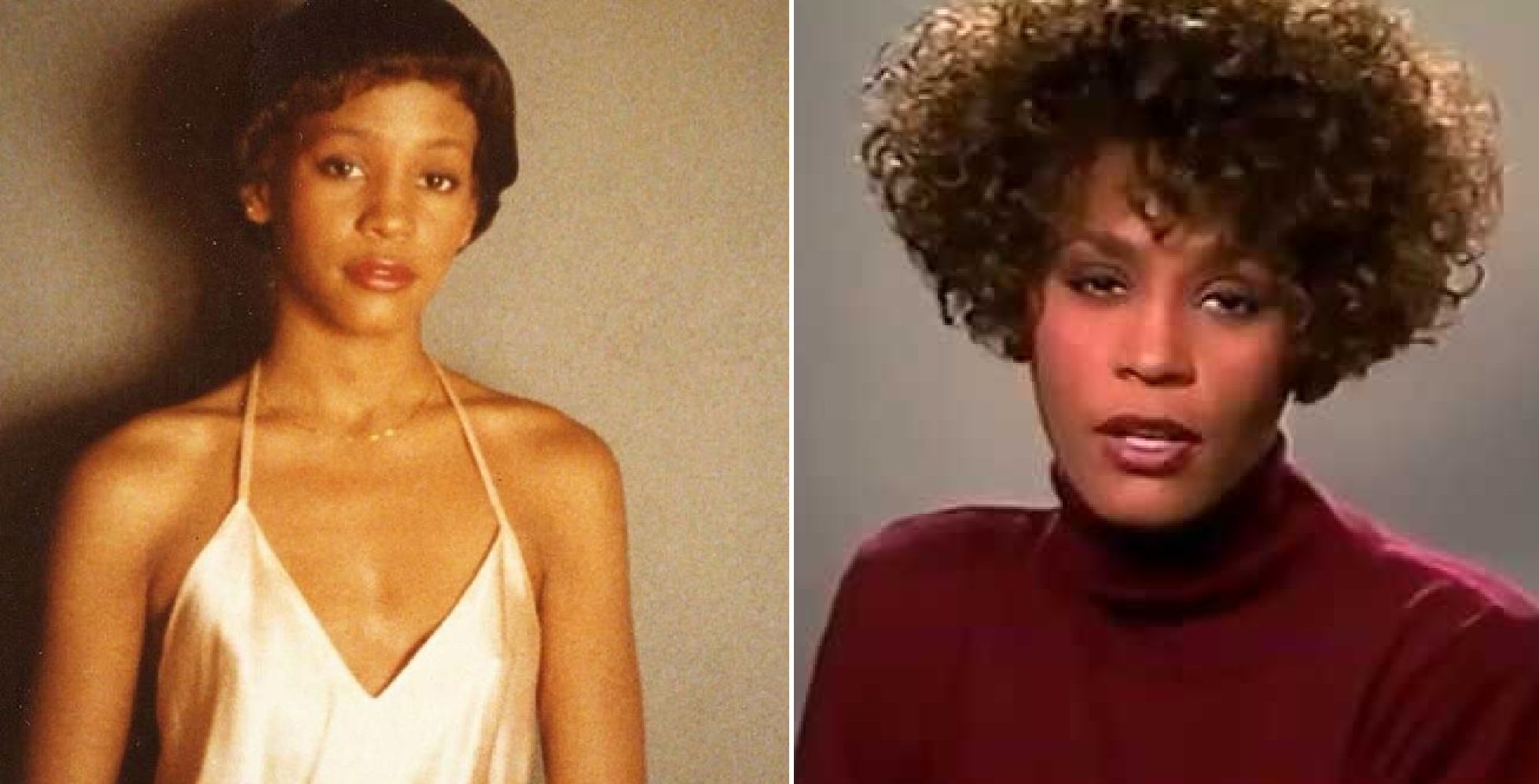Long before her self-titled debut album launched her as a global icon, Whitney Houston’s early career featured recordings that underscored her formidable talent. These pre-Arista works include studio sessions, demos, gospel recordings, and collaborations—each offering insight into the voice poised to transform contemporary music.
1. Early Session Vocals and Collaborations
At just fourteen, Whitney began as a background vocalist for her mother, gospel great Cissy Houston, and later for artists like Chaka Khan, Lou Rawls, and Michael Zager—experiences that grounded her in professional recording environments. In 1978, she delivered lead vocals on “Life’s a Party” for the Michael Zager Band, showcasing her control and poise in studio settings.
In 1982, Whitney expanded her versatility by recording “Memories” with the jazz-funk outfit Material, earning praise from critics for her emotionally resonant delivery.
In 1983, she added “Eternal Love” to her catalog—a duet featured on Paul Jabara’s Paul Jabara & Friends—further illustrating her ability to cross genre boundaries.
2. The 1981 Gospel Demos: Seeds of Her Spiritual Core
Amid these collaborations, Whitney nurtured her gospel roots. In 1981, at age seventeen, she recorded three gospel demos—“He Can Use Me,” “Testimony,” and “I Found a Wonderful Way.” These unreleased tracks, rediscovered decades later, reveal a young singer deeply connected to her spiritual heritage and vocal traditions.
3. Final Steps Before Stardom
Her standout performances in New York clubs caught the attention of Gerry Griffith, Arista’s A&R representative, who arranged a showcase for Clive Davis. In April 1983, after hearing Whitney sing songs like “Home” and “The Greatest Love of All,” Davis offered her a recording contract. She signed on April 10, 1983, marking the official end of her pre-Arista era.
These early works—background vocals, pop-funk duets, and heartfelt gospel demos—formed the foundation of Whitney’s artistry. Each recording honed her technical skills and expressed her emotional depth, foreshadowing her seamless transition from backup singer to icon.
In 1984 – a year before her debut album was released, she was featured in a sublime duet entitled ‘Hold Me’ in Teddy Pendergrass’ album “Love Language”. It was because of this prominent feature on Teddy’s album, that Houston was deemed ‘ineligible’ by the Grammys to be nominated for the ‘Best New Artist’ award – a year later, when her debut album was released. A move that was considered ‘controversial’ by some. The song was later also featured on Houston’s very own self-titled debut album, the following year.
Although her Arista debut in 1985 catapulted her to fame with hits like “Saving All My Love for You” and “How Will I Know,” these pre-label recordings trace her growing command over her instrument. They underscore the arc of a young artist whose roots in gospel, session work, and demo recordings prepared her for legend status.
In celebrating Whitney Houston’s early recordings, we honor not just the voice but the journey—a powerful reminder that behind every superstar lies a tapestry of early breakthroughs, quiet rehearsals, and soulful declarations of faith that shaped their destiny.

